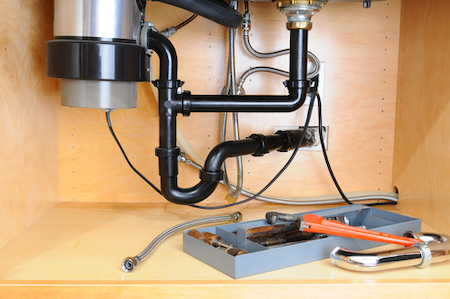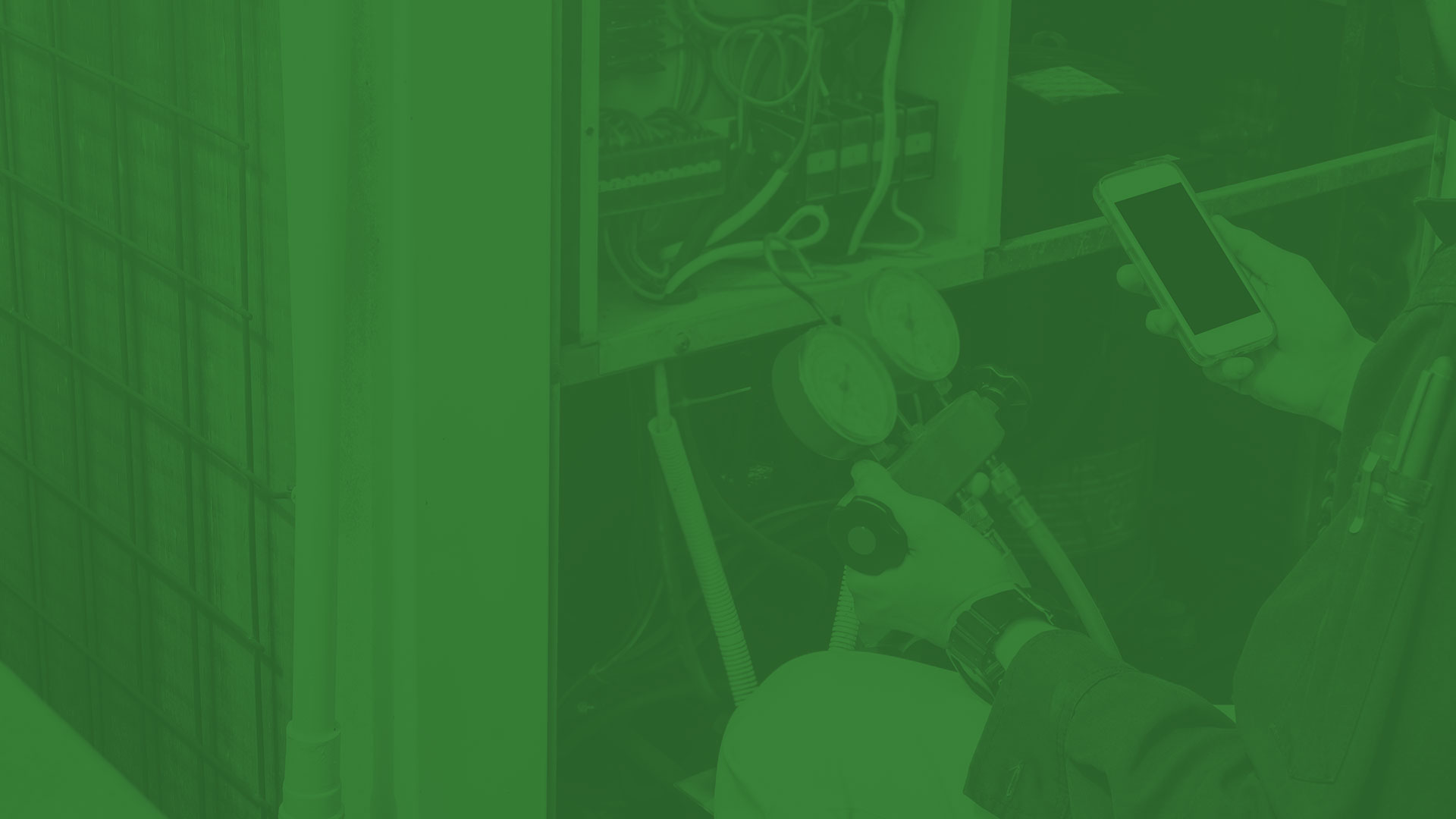Grease, Soap, and Hidden Build-Up: What Restaurants Can Teach Homeowners About Drain Care

When people think about clogged drains, the usual culprits are hair in the shower or food scraps in the kitchen sink. But in reality, grease in drains—along with everyday soap residue—is far more destructive over time. Restaurants are all too aware of this, which is why they’re required to install and maintain grease traps to protect their plumbing and the city’s sewer system. Homeowners, however, don’t face the same regulations, which often leads to surprise backups, foul odors, and expensive plumbing emergencies.
So, what can the average household learn from commercial kitchens? Quite a bit. By understanding how grease and soap accumulate inside pipes and adopting preventive habits from restaurants, homeowners can keep their plumbing systems flowing smoothly for years to come.
Why Grease and Soap Are Silent Pipe Killers
When hot grease goes down the drain, it doesn’t stay liquid for long. As it cools, it solidifies and coats the inside of your pipes. Over time, layer after layer narrows the passageway, much like cholesterol clogs arteries. Add in soap scum—which contains fats that react with minerals in water—and you’ve got a sticky buildup that traps other debris like food scraps, hair, and dirt.
The result? Slow drains, foul odors, and eventually, a full-blown sewer backup. While a quick plunge or chemical drain cleaner may seem like a fix, these are temporary solutions that rarely address the hardened buildup deeper in the system.
Restaurant Rules That Homeowners Should Borrow
Restaurants can’t afford downtime due to plumbing issues, which is why they follow strict maintenance rules:
- Grease Traps and Proper Disposal
Commercial kitchens are required to scrape plates, use grease bins, and maintain grease traps. At home, this translates to pouring cooled cooking oils into a sealed container and tossing them in the trash instead of down the sink. - Regular Professional Cleanings
Health codes often require restaurants to schedule routine drain & sewer line cleaning. Homeowners should adopt a similar mindset, especially in busy households where multiple family members are cooking, showering, and doing laundry daily. - Employee Training = Family Habits
Just as kitchen staff are trained to prevent grease mishaps, families can create small habits—like wiping pans with paper towels before washing—that make a big difference over time.
Preventive Drain Maintenance for Homes
While you may not need a full-scale grease trap in your kitchen, you can take steps to mimic restaurant-level preventive care:
- Avoid Pouring Oils Down the Drain: Collect grease in a container for disposal.
Use Strainers: Place mesh strainers in sinks to catch food particles before they enter the pipes. - Flush with Hot Water: Once a week, run hot water down kitchen drains to help loosen minor grease films.
- Schedule Professional Cleaning: For high-use households—especially multi-generational homes—plan preventive drain maintenance at least once a year. Tying it into your seasonal home maintenance routine (like HVAC checks or gutter cleanings) keeps plumbing care consistent and affordable.
The Professional Edge
DIY care can only go so far. Restaurants rely on plumbers equipped with hydro jetting machines and inspection cameras to tackle stubborn buildup that snaking or plunging can’t reach. Homeowners benefit from the same tools. A professional can inspect your lines, remove hardened grease and soap scum, and restore full flow without damaging your pipes. Partnering with an outstanding Upstate South Carolina plumber ensures you’re not waiting for a messy emergency to realize your plumbing system needs attention.
Final Takeaway
Your home may not run like a restaurant, but your drains face many of the same challenges. By adopting preventive habits and scheduling professional service, you can avoid costly repairs and keep your system healthy for years to come.
For trusted service in Upstate South Carolina, schedule expert drain & sewer line cleaning today with Mathis Plumbing & Heating Co., Inc..
